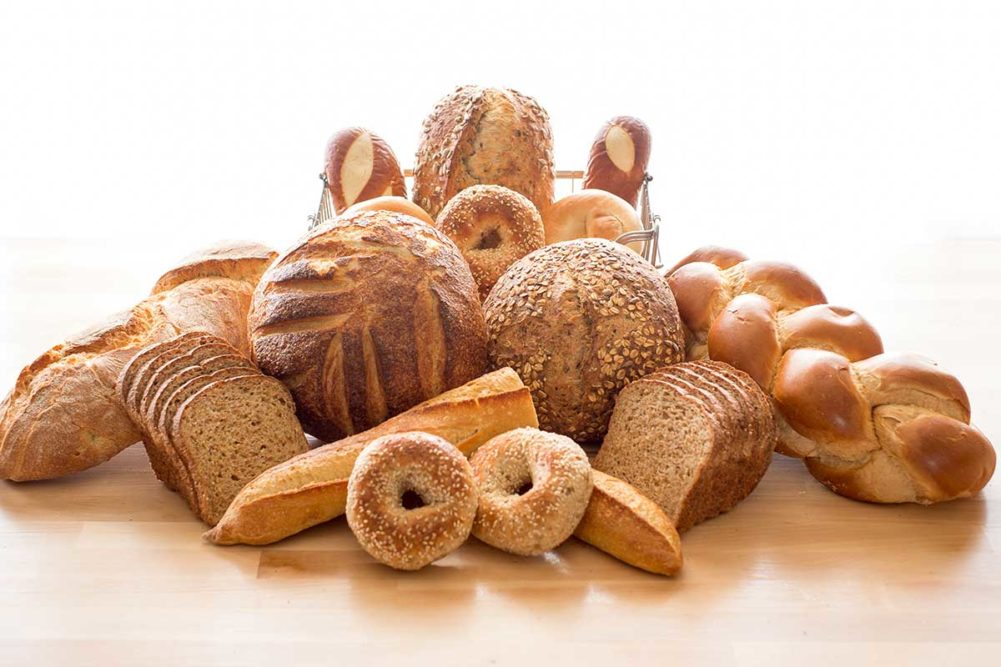Frozen dough empowers end users — whether they’re restaurants or in-store bakeries — to provide their consumers with fresh bread without having to do the technical work of mixing up the dough themselves. In a tight labor market where skilled talent is scarce, frozen dough, and even thaw-and-serve products, will take more of a center-stage for bakers supplying to these customers. Even though frozen dough solves some labor issues, it does come with its own challenges.
“The single biggest challenge for frozen dough manufacturers is the fact that they do not control the handling, storage, proofing and baking stages, which ultimately determine the finished product quality,” said Mark Zielonka, technical sales, frozen and par-baked dough specialist, BreadPartners Inc. “Instead of finishing the process in one location where the variables can be relatively easily controlled, baking is completed in hundreds, if not thousands of locations under a wide variety of conditions. While they often offer guidance to the distributors and those that complete the baking process, there can be considerable variation at many stages.”
These variations — as well as the freeze-thaw cycles these products may endure before baking — present hurdles to ensuring consistent product quality. These can be volume, oven spring, increased proofing times, texture and shelf life issues. Bakers can even see crusts flake, chip or dry out.
“The mixing, forming and freezing processes need to be tightly controlled and the formula properly balanced in order to have the best performing bread when thawed, proofed and baked,” said Peggy Dantuma, business development director, bakery, Kerry. “Areas of concern are mixing times, temperatures and gluten development.”
Emulsifiers, however, can help with both gluten development and challenges with moisture and ingredient dispersion.
“Emulsifiers create an emulsion, which aids the prevention of moisture migration, limiting ice crystallization, providing strength, adding to the overall texture and keeping the quality up to standards,” said Matt Keyser, Northeastern sales, Brolite Products. “Emulsifiers help keep raw materials together during the baking/freeze-thaw process.”
These functional ingredients allow bakers to maintain volume, oven spring and prevent the moisture migration that can be so detrimental to the finished product.
This article is an excerpt from the September 2021 issue of Baking & Snack. To read the entire feature on Emulsifiers, click here.






